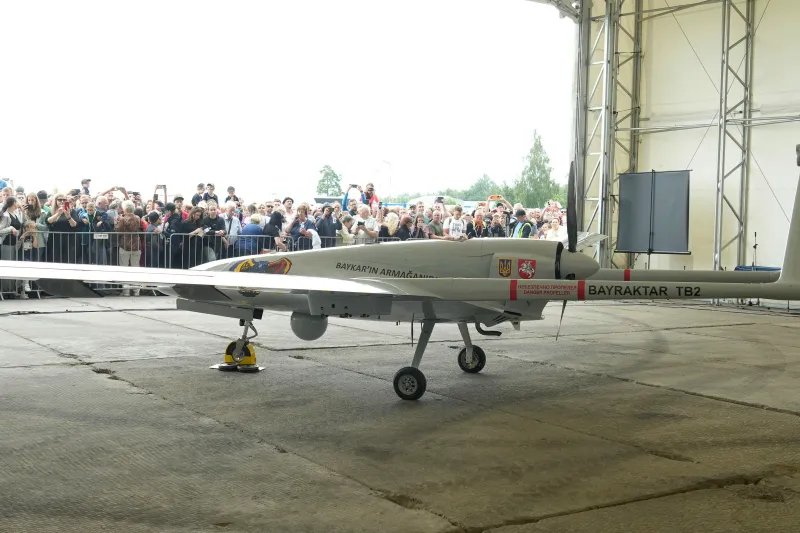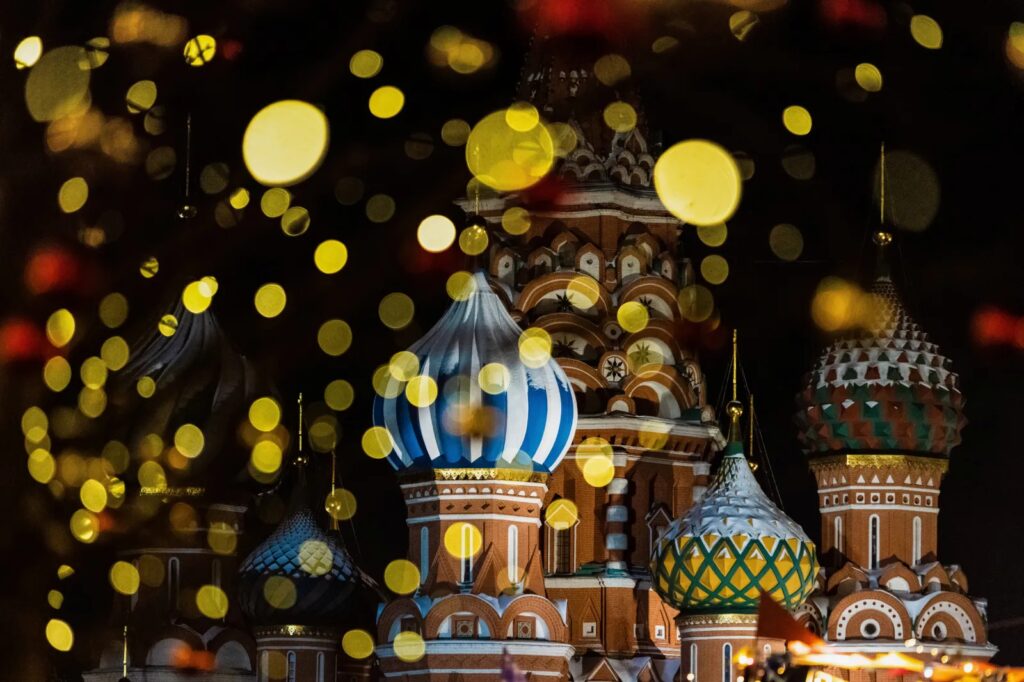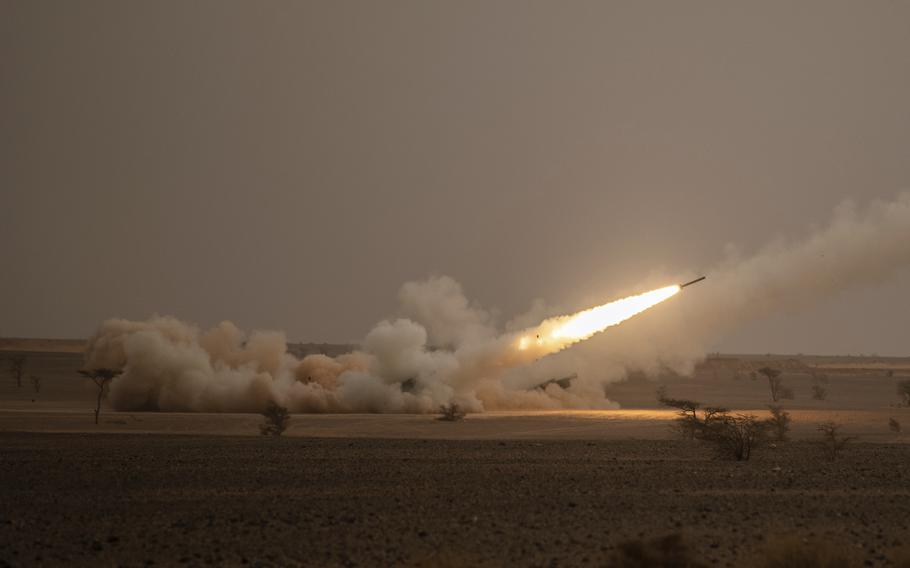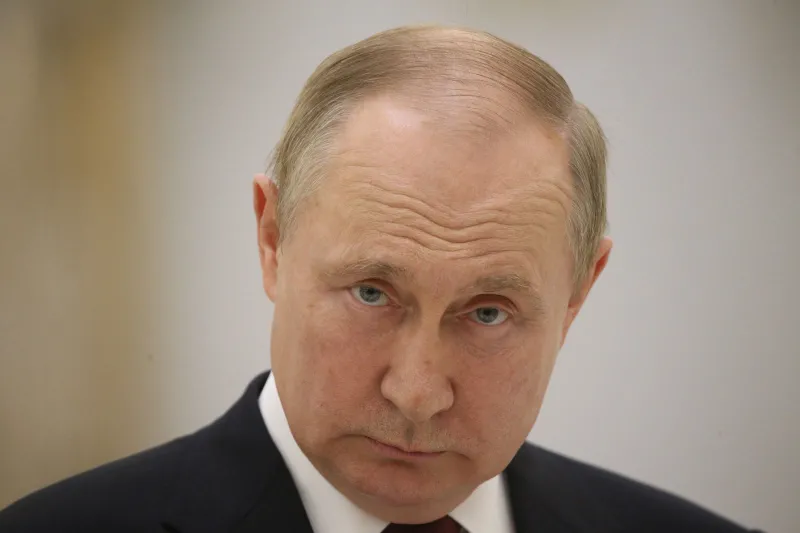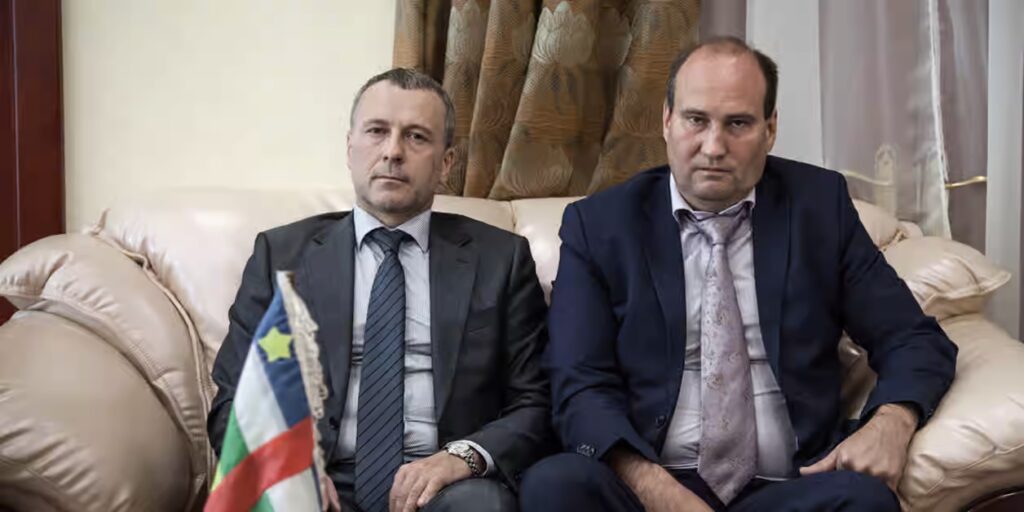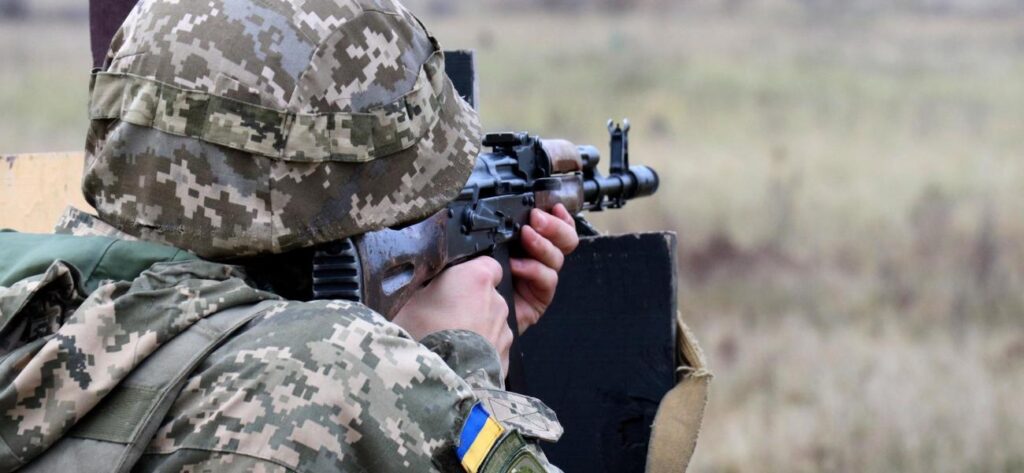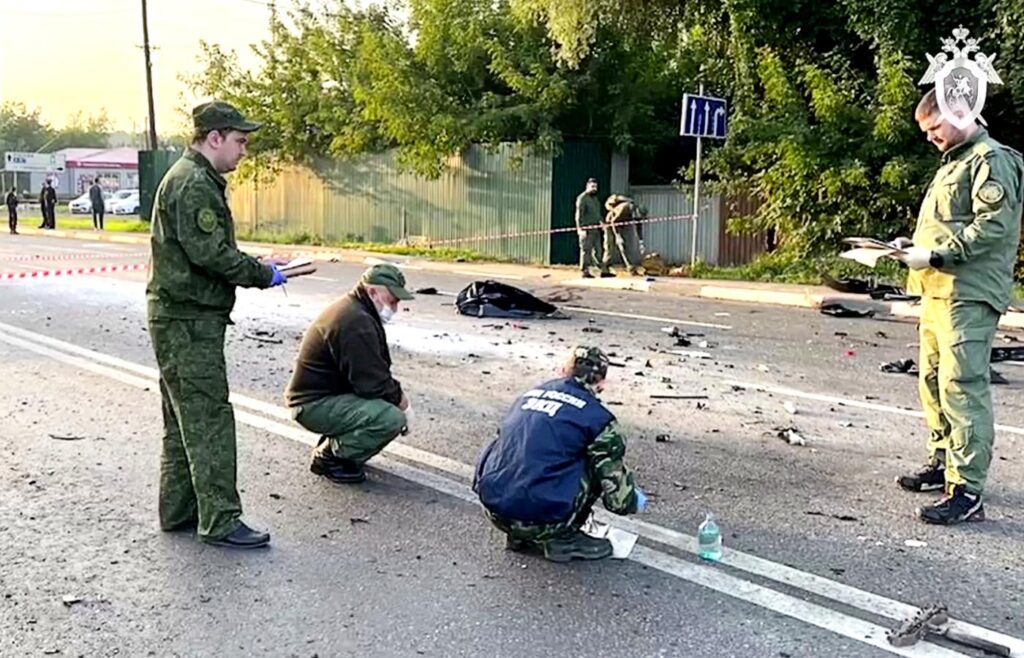Существует ли Национальная Республиканская армия, которая якобы убила Дарью Дугину?
Вчера вечером экс-депутат Госдумы РФ, а ныне киевлянин Илья Пономарев рассказал на своем канале «Утро февраля», что хорошие русские есть, даже «отличные русские есть», и «вчера они двинули собой». Что несколько месяцев назад он завел телеграм-бот «Роспартизан» для связи с внутрироссийским сопротивлением, и ему по этому боту написала некая Национальная Республиканская армия (НРА), которая под бело-сине-белым флагом будет убивать путинских чиновников, и он с ними переписывался, и они уже осуществляли акции «прямого действия», он даже кого-то вывез, а несколько человек было убито (!) в Волгоградской области. И вот они ему написали, что убьют Дугина и его дочку («они нам говорили, что это будут Дарья и Александр Дугин»), и выполнили обещание, а в машине людей было двое — а чью смерть вместо Дугина скрывают, он, Пономарев, представить не может.
